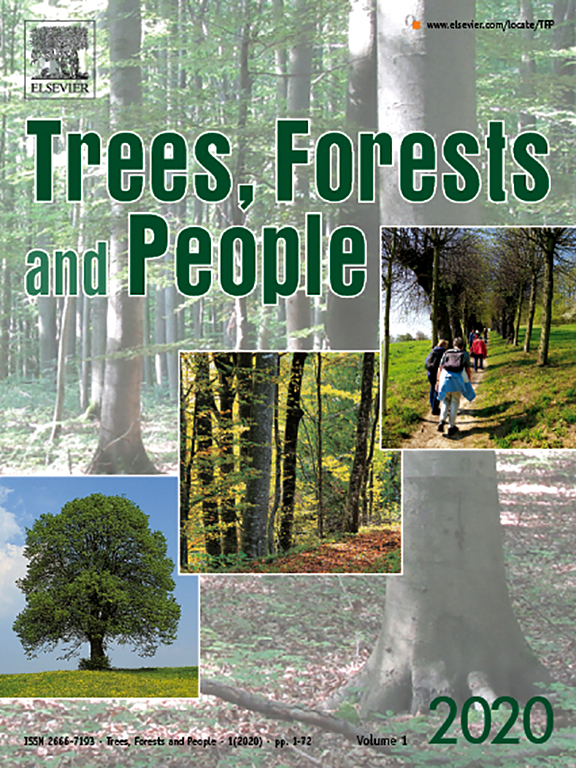Key messages
- Despite the existence of clear legal regulations governing the forest sector in Zambia, a peculiar value chain has developed in recent years around highly valuable trees, which are sold mainly on the Chinese market under the general name of ‘rosewood’ and known in Zambia as ‘mukula’.
- The Zambian government has acted on the value chain with a cycle of log-export, production and transportation bans, always short-lived and of ambiguous juridical value, creating a confusing and at times conflicting legal framework. This has allowed the Zambian political and financial elites to maintain power over the mukula trade and use it as a direct and private source of revenue. However, it has also deterred investors from engaging in long-term sustainable timber businesses.
- The mukula trade provides rural community members and cutters with significant — albeit mainly short-term —livelihood benefits and business opportunities, despite decreasing profitability and declining stocks over the years and risks of criminalization and prosecution.
- The value chain has several potential negative environmental impacts. More research is needed on the Pterocarpus genus to clarify the botanical characteristics of what goes under the name ‘mukula’ and to determine the broader impacts on the delicate miombo ecosystem.
- In the short term, one possible solution is listing of the concerned species in the Convention on International Trade in Endangered Species of Wild Fauna and Flora (CITES).
- In the longer term, more integrated supra-national solutions are urgently needed. Existing national laws are insufficient instruments to rein in business models that are fast-spreading, spatially disconnected and capitalintensive. The Zambian government must step up to the task of protecting the Zambian forests and people’s long-term livelihoods, by testing and implementing the innovative measures included in the Forests Act of 2015, including community, joint and private forest management.
Download:
DOI:
https://doi.org/10.17528/cifor/006880Dimensiones Recuento de citas:
Año de publicación
2018
Autores
Cerutti, P.O.; Gumbo, D.J.; Moombe, K.B.; Schoneveld, G.C.; Nasi, R.; Bourland, N.; Xiaoxue, W.
Idioma
English
Palabras clave
markets, supply chain, trade, livelihoods, forest management
Geográfico
Zambia



















